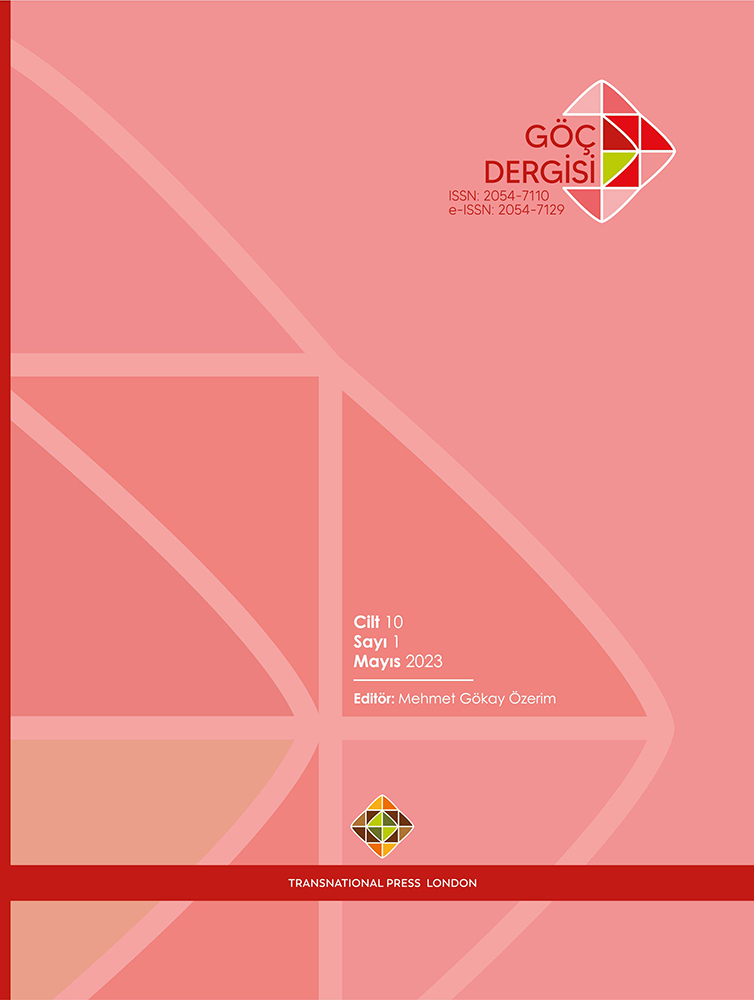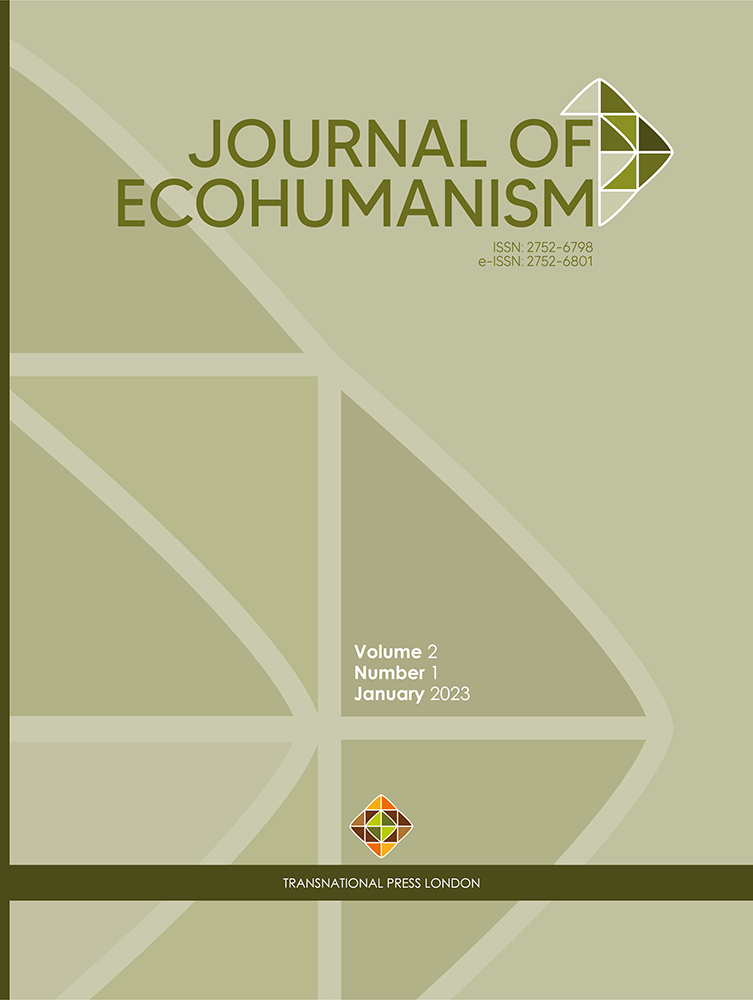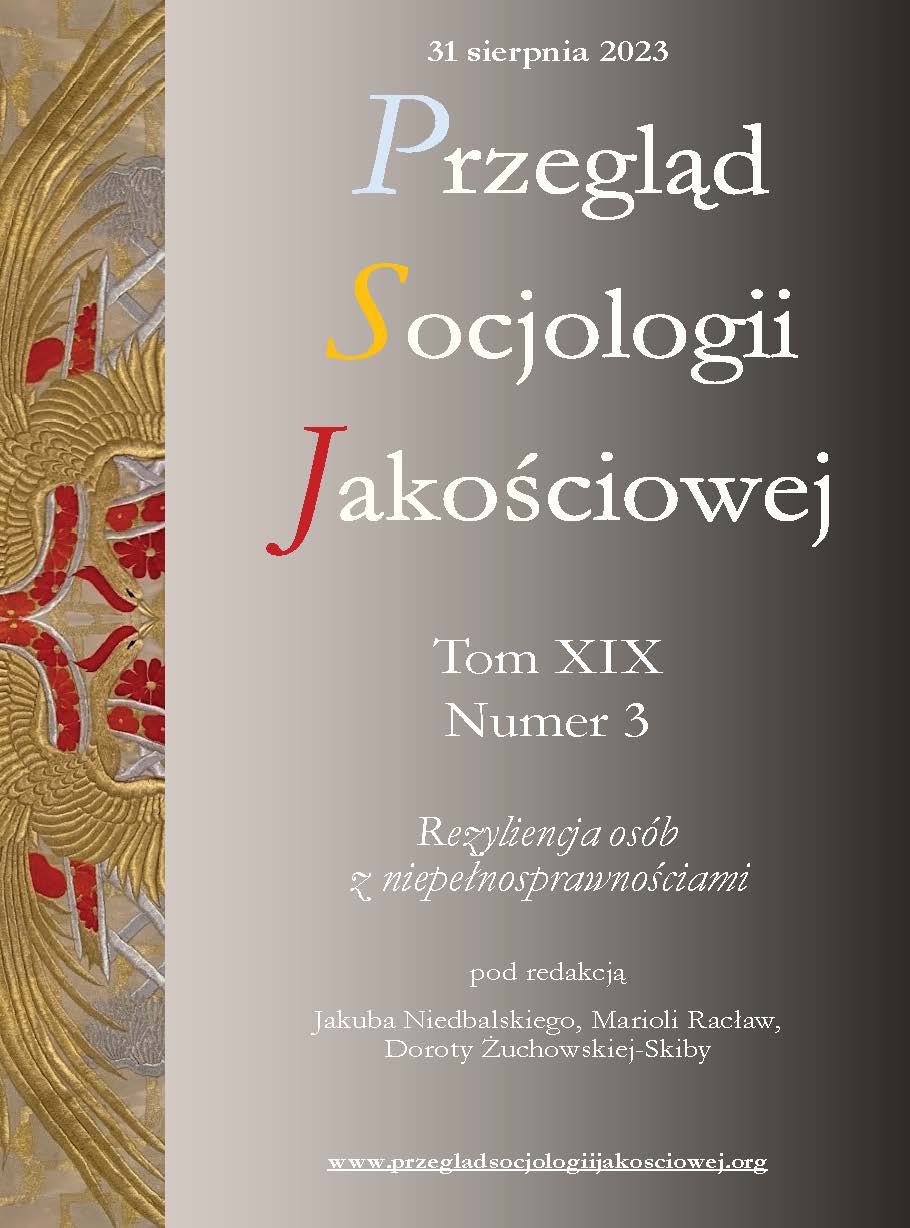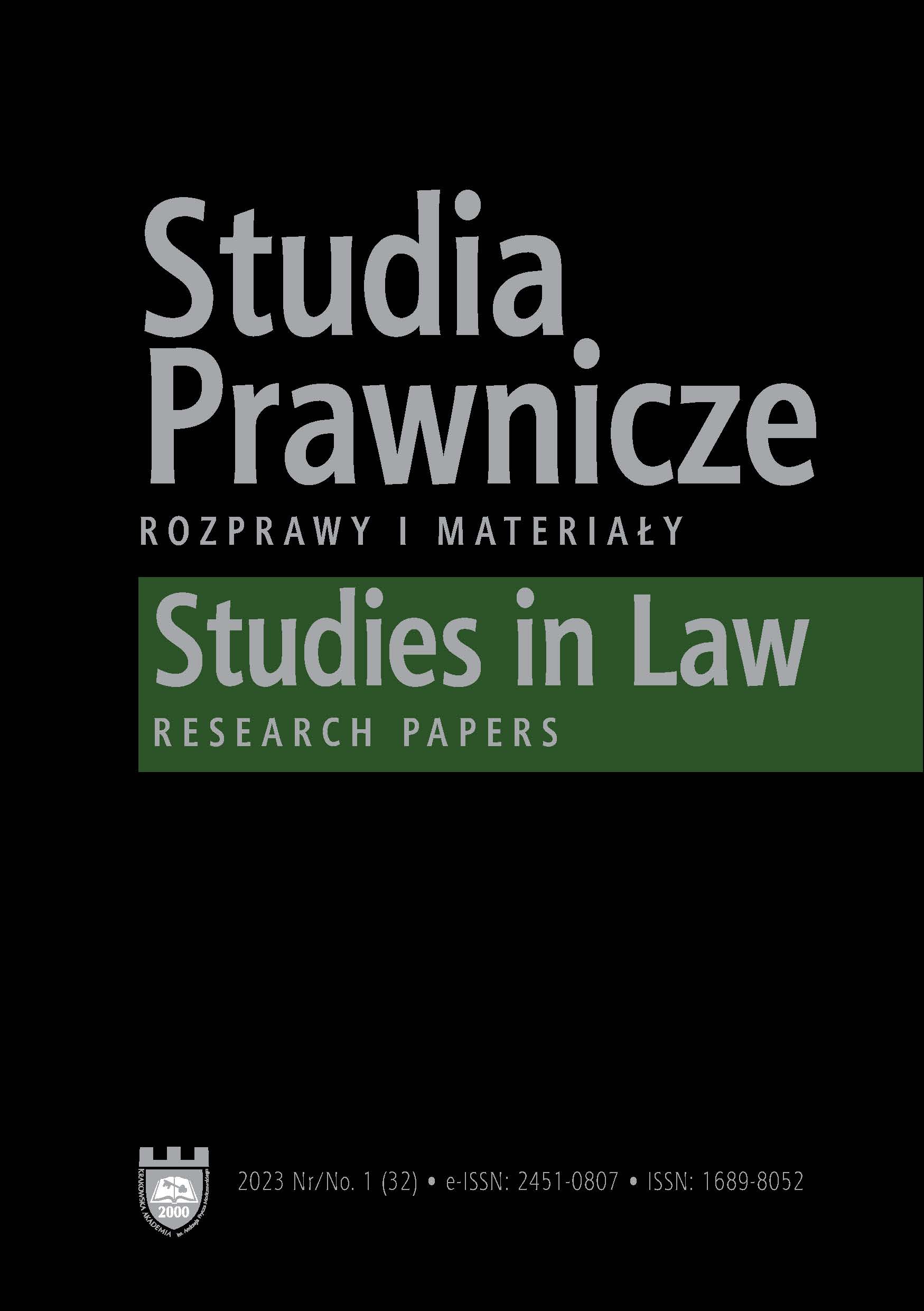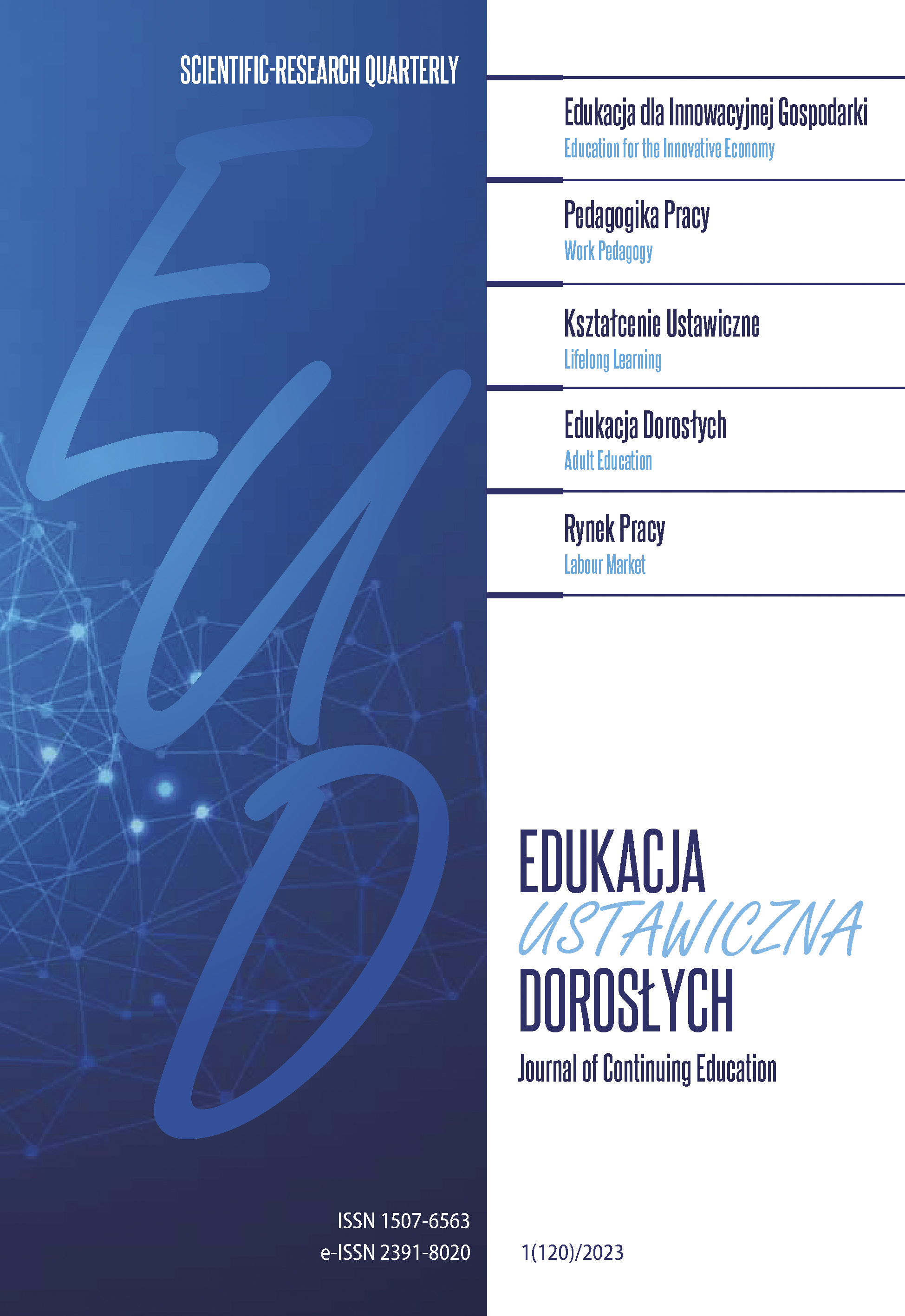The Impact of Abandoning Fossil Fuels and the Development of Renewable Energy on the Global Labor Market
Author(s): Kinga Piwowarska / Language(s): English
/ Issue: 1/2023
Keywords: employee; fossil fuels; employment; renewable energy; labor market
The impact of abandoning fossil fuels and the development of renewable energy on the global labor market is aimed at presenting the issue that affects now or in the near future most of the world’s economies (plants extracting fossil deposits and cooperating with them large enterprises and international corporations) in the field of correlation with environmental protection. The above is being realized, among others by departing in the next 20 years from the policy of extracting fossil fuels, especially coal, and is related to the use and development of renewable energy. This has a significant impact on the legal status of employees and employer. The departure from the extraction of fossil fuels will result in a sudden wave of mass layoffs around the world, including in Poland, and economic migrations, so now it is necessary to prepare an action plan for the next decades in terms of retraining employees and other possible forms of their professional activation, in the new realities of the labor market. In addition, there is a need to regulate possible ways of using renewable energy in people’s work, also in the context of the development of new technologies and their use in the work process. The development of the above should already result in the training of employees in new industries and create conditions for companies promoting the fight against global warming. It is important to deepen the study of the relationship between labor law and environmental protection law, which at the moment is unjustifiably downplayed, while in a dozen / several dozen years it will have a huge impact on human life, because climate change (and “currently” the Sars-CoV-2 pandemic) are already causing a lockdown in the world labor market. There is an absolute need to identify potential problems, adopt appropriate policies and action plans, and then successively implement them, e.g. for the transition to a low-carbon economy, but without much prejudice to the employment market and global unemployment. In this context, a coherent policy of the EU and international organizations will be important, including ILO, in order to ensure environmental and social order in employment relations, in the new reality of the 1950s, the 21st century. Conclusion de lege ferenda drawn after the above-mentioned research will be aimed at presenting potential opportunities for Poland and the world in terms of the new and employment policy.
More...
